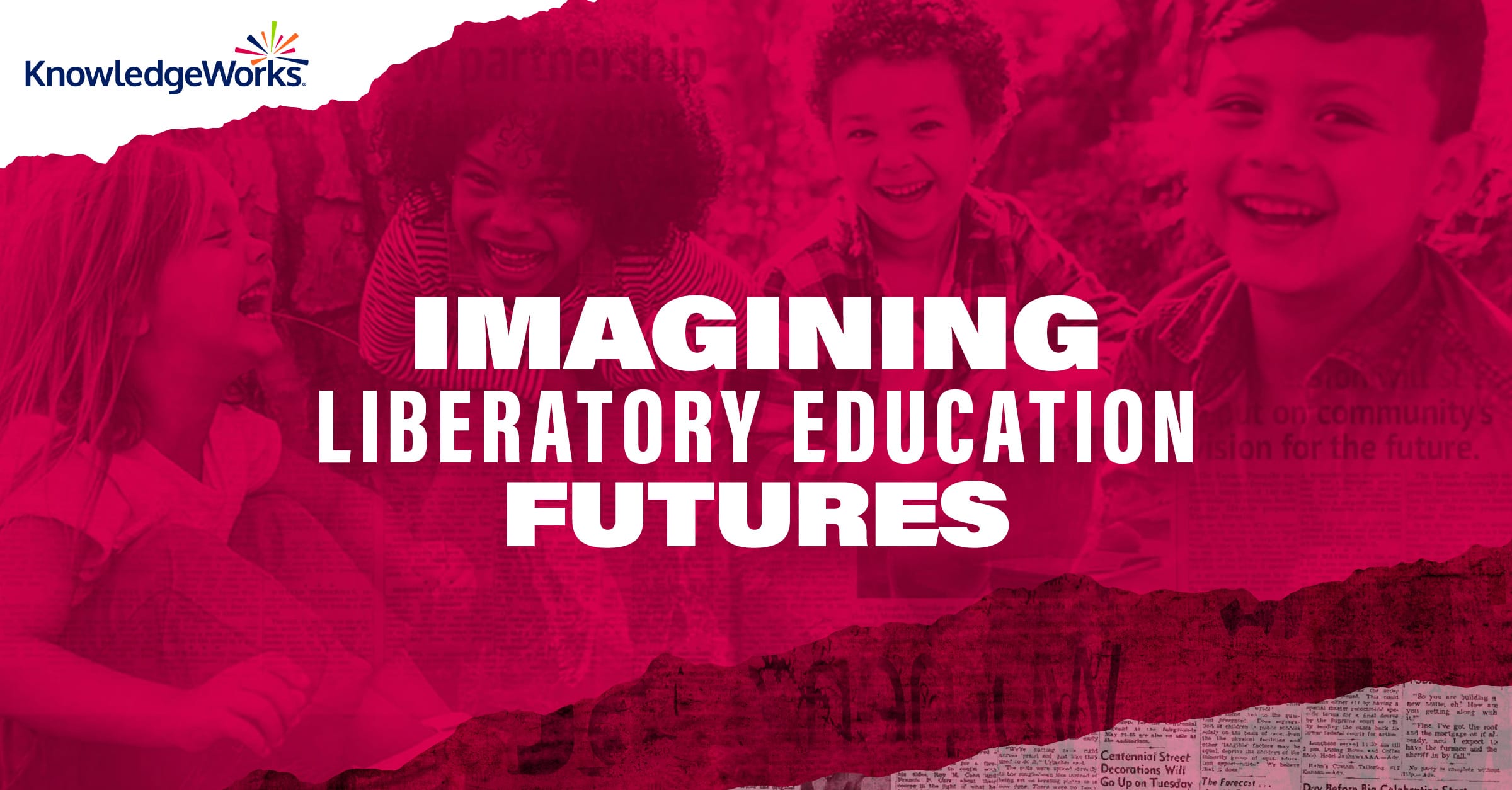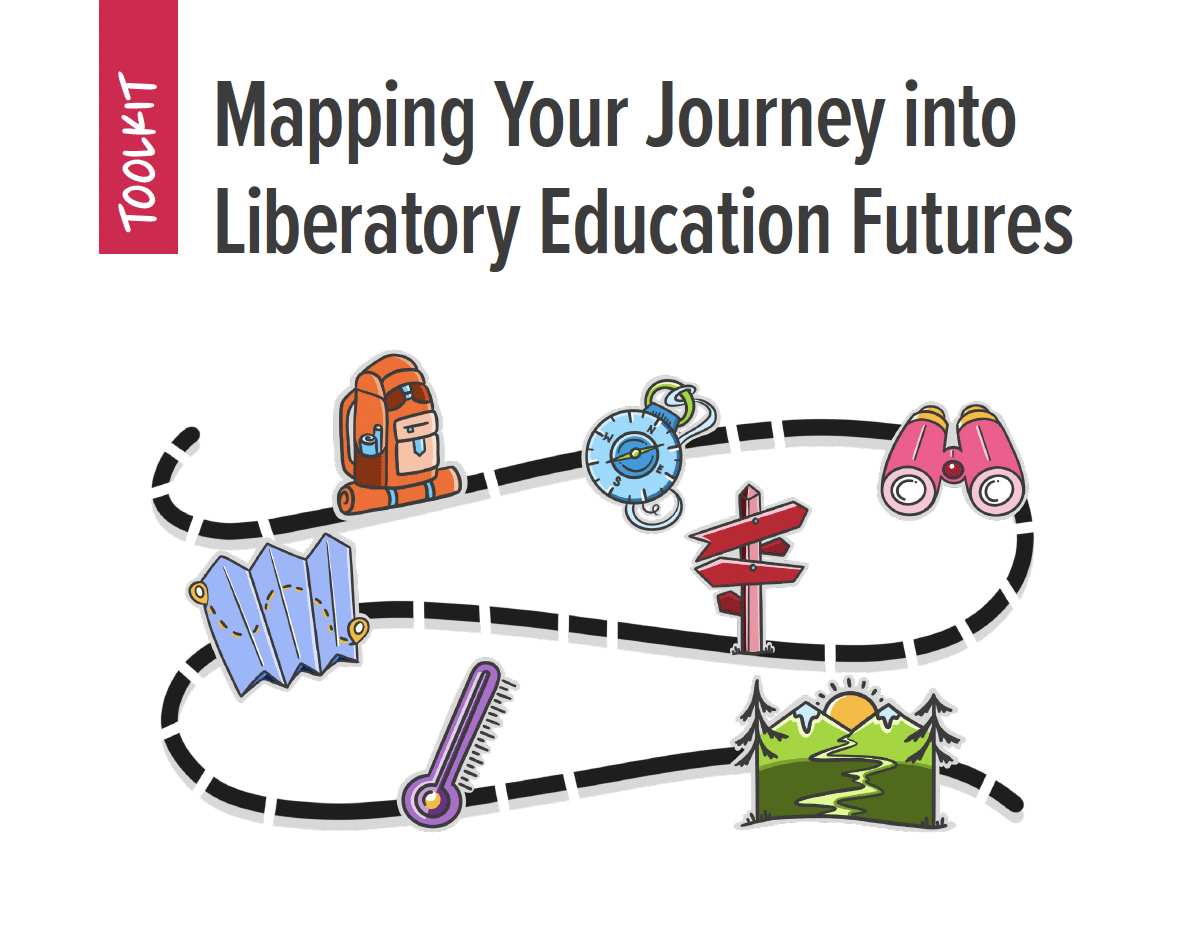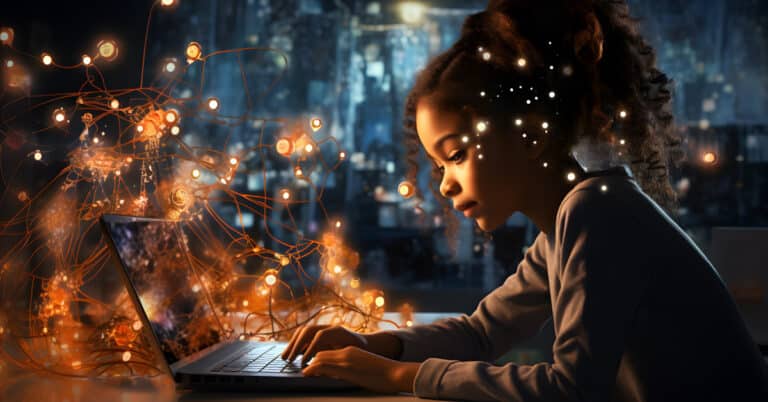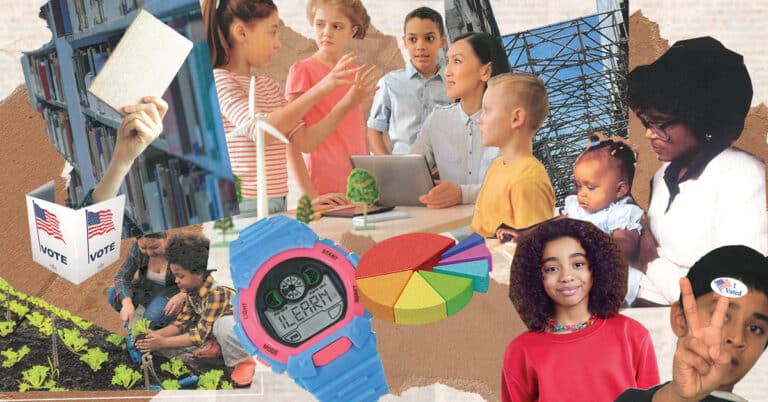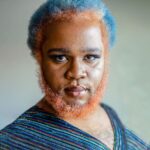by Julia E. Torres
One of the most powerful elements of our shared humanity is our ability to connect with one another through shared experiences. However, it is equally important to learn to connect through and around our differences so that we can learn and grow together as individuals and societies–rather than fall apart due to ignorance and misunderstanding.
Knowing how and when to introduce young people to the right story at the right time is one of the most important roles and responsibilities caregivers, educators and librarians can have. It is through stories that we learn to more completely love ourselves and one another. Begin or continue your journey into reading titles that represent a range of lived realities and cultural identities through the works listed below, organized by grade level. When reading these titles with young people, it is essential that we learn to interrogate existing misconceptions and get to the root of when they formed so that we can know better, do better and be better.
Book recommendations
- Eyes That Kiss in the Corners by Joanna Ho and Dung Ho
- La Selva de Zonia by Juana Martinez-Neal
- Fry Bread: A Native American Family Story by Kevin Noble Maillard and Juana Martinez-Neal
- The Proudest Blue: A Story of Hijab and Family by Ibtihaj Muhammad and S.K. Ali
- Pulpo Guisado by Eric Velasquez
- El Niño Hada Carlos by Juan A. Ríos Vega
- The Most Beautiful Thing by Kao Kalia Yang
- Lift by Minh Lê and Dan Santat
- La Velita de los Cuentos by Lucía González and Lulu Delacre
- Dad Bakes by Katie Yamasaki
- When Spring Comes to the DMZ by Uk Bae-Lee
- Voces Sin Fronteras: Our Stories Our Truth by the Latino Youth Leadership Council of LAYC
- King and the Dragonflies by Kacen Callender
- Lupe Wong Won’t Dance by Donna Barba Higuera
- Land of Cranes by Aida Salazar
- My Family Divided: One Girl’s Journey of Love, Loss, and Hope by Diane Guerrero
- What Lane? by Torrey Maldonado
- Red, White, and Whole by Rajani Larocca
- Lion Island: Cuba’s Warrior of Words by Margarita Engle
- Other Words for Home by Jasmine Warga
- More to the Story by Hena Khan
- Devolver al Remitente by Julia Alvarez
- The Magic Fish by Trung Le Nguyen
- Kindred: A Graphic Novel Adaptation by Damian Duffy and Octavia Butler
- Moth by Amber McBride
- This Is My America by Kim Johnson
- Surviving the City by Tasha Spillett
- No Somos de Aqui by Jenny Torres-Sanchez
- The Poet X by Elizabeth Acevedo
- Home is Not a Country by Safia Elhillo
- Angel of Greenwood by Randi Pink
- Resistencia: Poems of Protest and Revolution by Julia Alvarez and Mark Eisner
- Everything You Wanted to Know about Indians But Were Afraid to Ask by Anton Treuer
Some titles will have a specific social justice message, such as Dad Bakes by Katie Yamasaki, which offers beautiful illustrations and text that explores the relationship between caregivers and their children when these relationships are interrupted by the criminal justice system. In the same tradition, My Family Divided: One Girl’s Journey of Love, Loss, and Hope by Diane Guerrero offers a unique and very personal perspective about the way that systemic oppression and discrimination separates families even while the bonds of love keep them together. Similarly, No Somos de Aqui/We Are Not From Here by Jenny Torres-Sanchez follows the journey of three young people as they travel north through Central America on a train called La Bestia. Their story also offers a meditation on geographic destabilization and how our chosen families matter every bit as much as those we are born into.
The list also offers titles that present a range of ethnic and cultural identities. It is crucial that young people learn how nuanced the concept of identity can actually be.
The Most Beautiful Thing is an intergenerational story that also gives readers an understanding of key aspects of Hmong identity. In the same vein, Other Words for Home is a powerful story about the danger of othering in our societies and how individuals can come to feel a sense of belonging, even when far from what feels safe and familiar. The Magic Fish is a powerful story about gender, sexuality and ethnic/cultural identities all in one. Trung Le Nguyen uses color symbolism in a truly magical way to get readers to stretch beyond what they think they know about love, family, and acceptance. In Everything You Wanted to Know about Indians But Were Afraid to Ask, Anton Treuer expertly writes to young people about common misconceptions and answers questions to ensure young people living and learning today do better than their ancestors have done.
Audre Lorde has said, “It is not our differences that divide us. It is our inability to recognize, accept, and celebrate those differences.” Sharing stories is one way that we can recognize and celebrate differences in our shared human experience. Once we learn to accept differences, we are open to learning, to recognize and celebrate differences, strengthening our ability to humanize one another. After all, we are stronger, and much better, together.
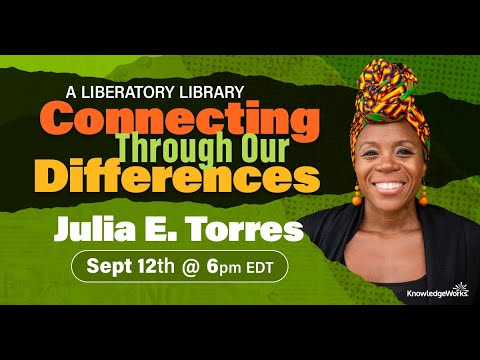
Rapheal Randall joined us for a conversation on liberatory education futures and valuing difference.
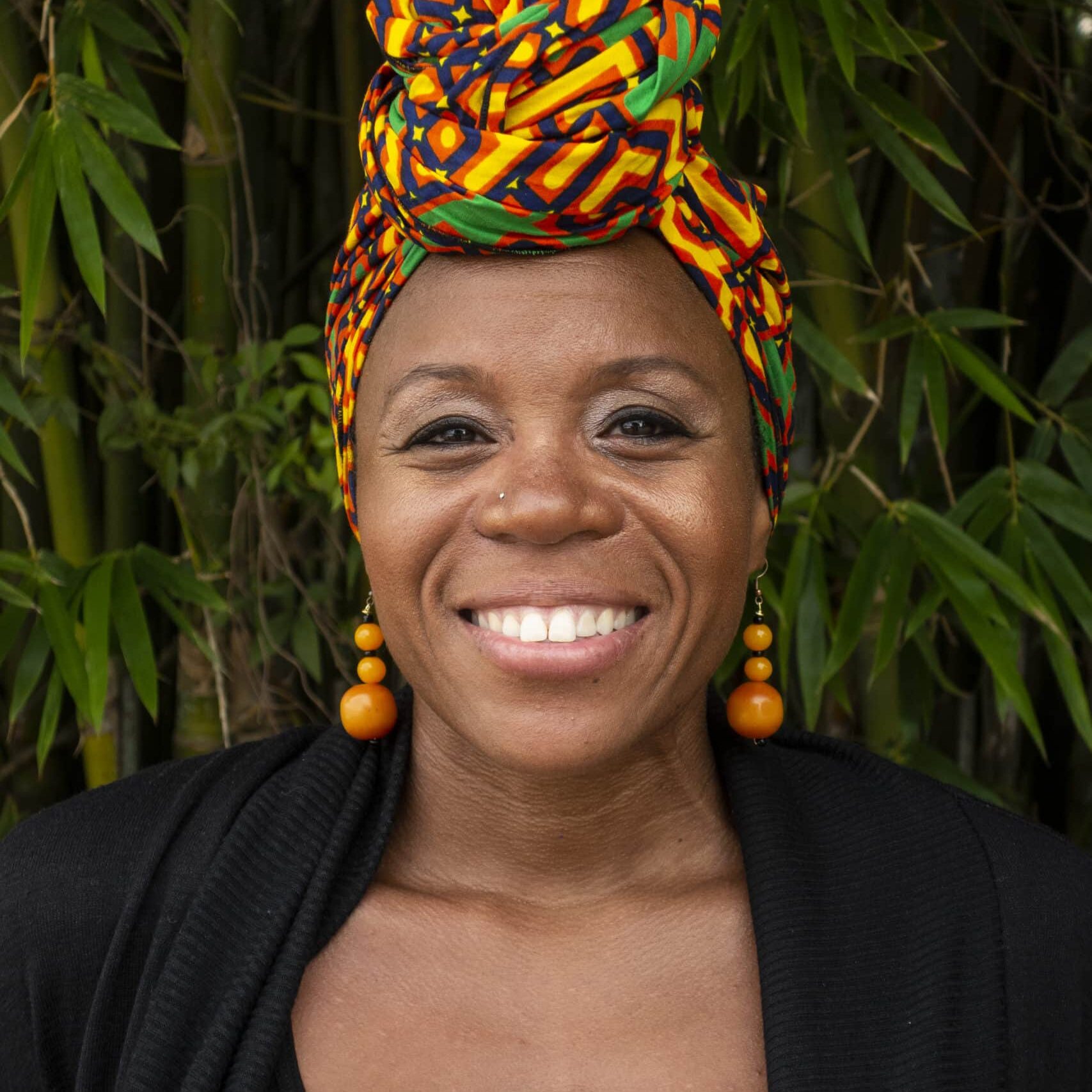
About Julia E. Torres
Julia E. Torres is a nationally recognized veteran language arts teacher-librarian in Denver, Colorado. Julia facilitates teacher development workshops rooted in the areas of anti-racist education, equity and access in literacy and librarianship, and education as a practice of liberation. Julia’s work has been featured on NPR, AlJazeera’s The Stream, PBS Education, KQED’s MindShift, Rethinking Schools, Learning for Justice Magazine, and many more. She is a current Amelia Elizabeth Walden Book Award committee member, a member of both the Book Love Foundation and ALAN boards of directors, an Educolor Steering committee member, a The Educator Collaborative Book Ambassador, and a co-founder of #DisruptTexts.
Learn more about Julia and her work at her website.
Photo credit: Marcelo Argolo
